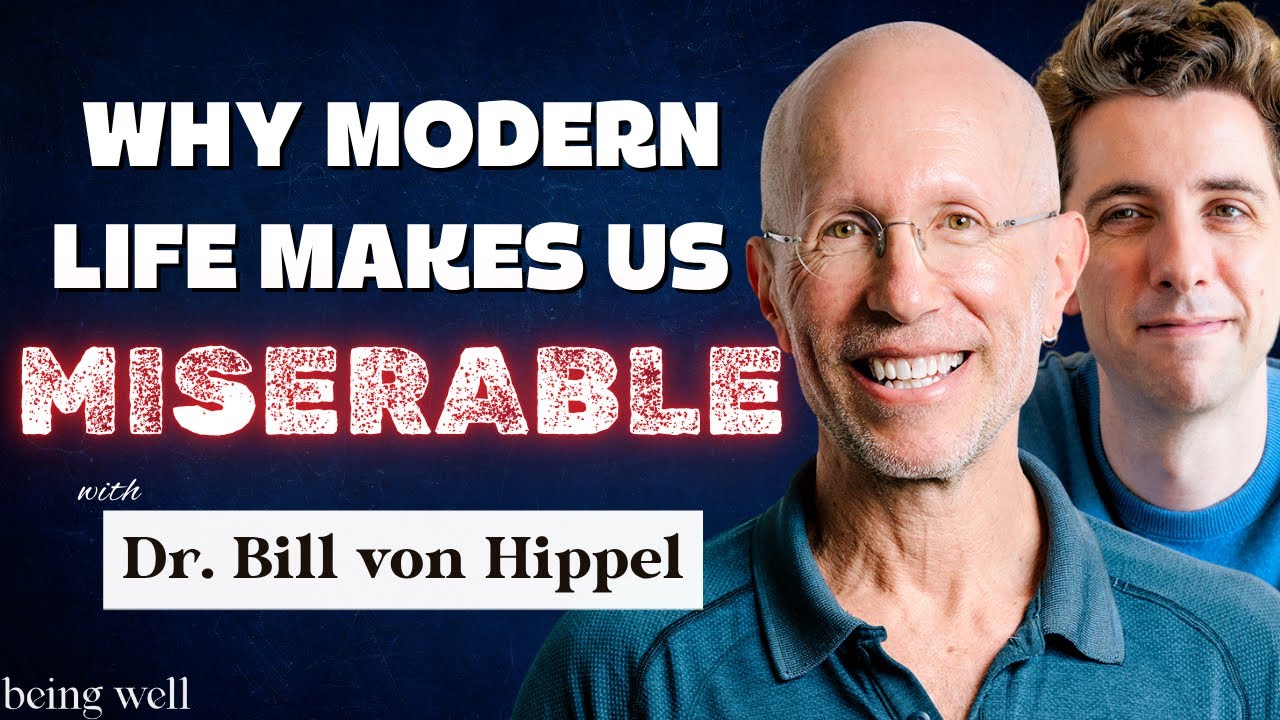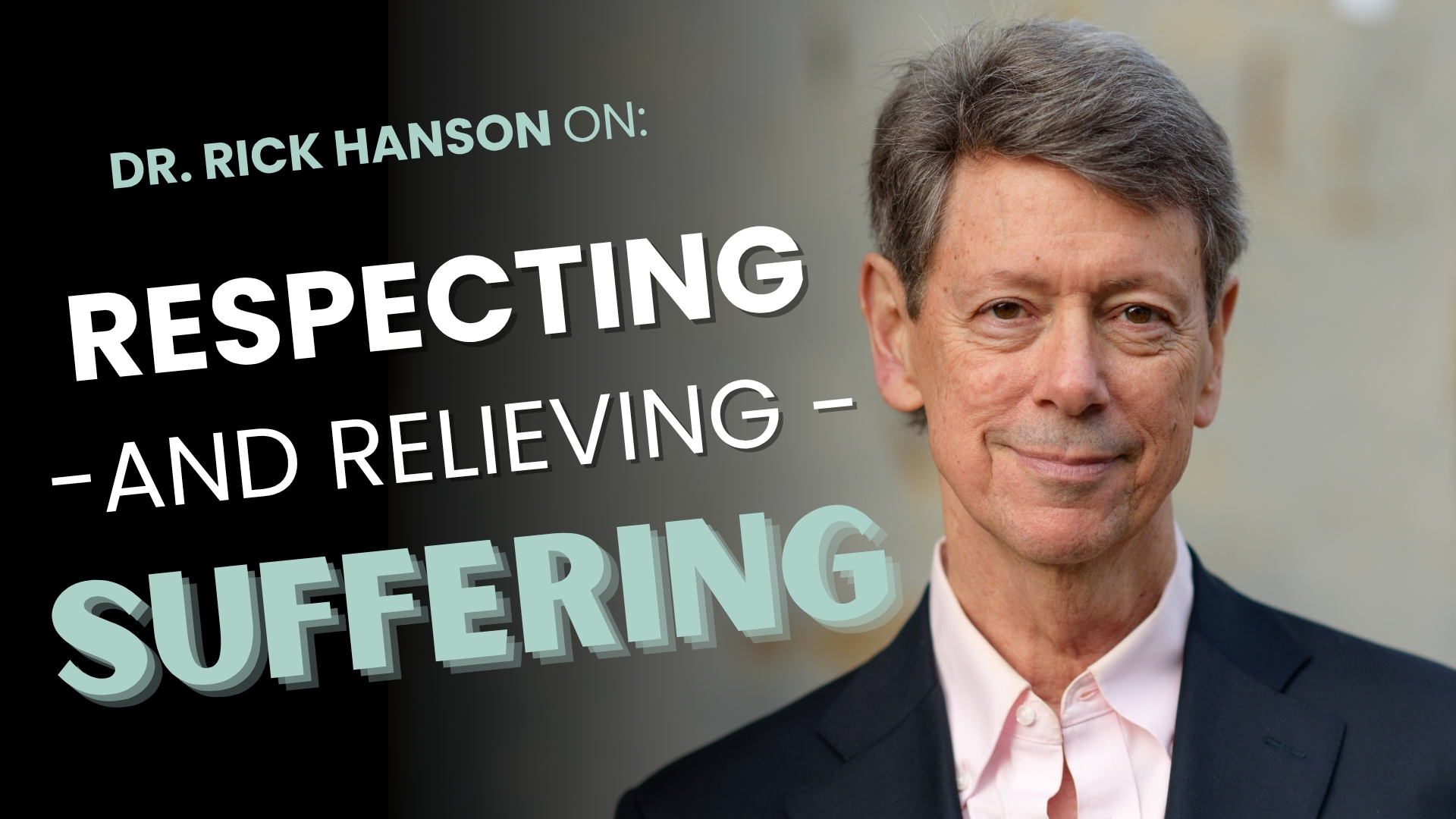Where Does It Hurt?
The Practice: Recognize suffering in others.
Why?
We’re usually aware of our own suffering, which – broadly defined – includes the whole range of physical and mental discomfort, from mild headache or anxiety to the agony of bone cancer or the anguish of losing a child. (Certainly, there is more to life than suffering, including great joy and fulfillment; that said, we’ll sustain a single focus here.)
But seeing the suffering in others: that’s not so common. All the news and pictures of disaster, murder, and grief that bombard us each day can ironically numb us to suffering in our own country and across the planet. Close to home, it’s easy to tune out or simply miss the stress and strain, unease and anger, in the people we work, live – even sleep – with.
This creates problems for others, of course. Often what matters most to another person is that someone bears witness to his or her suffering, that someone just really gets it; it’s a wound and sorrow when this doesn’t happen. And at the practical level, if their suffering goes unnoticed, they’re unlikely to get help.
Plus, not seeing suffering harms you as well. You miss information about the nature of life, miss chances to have your heart opened, miss learning what your impact on others might be. Small issues that could have been resolved early on grow until they blow up. People don’t like having their pain overlooked, so they’re more likely to over-react, or be uncharitable toward you when you’re the one having a hard time. Wars and troubles that seemed so distant come rippling across our own borders; to paraphrase John Donne, if we don’t heed the faraway tolling of the bell for others, it will eventually come tolling for thee and me.
Get Tips Like This Delivered Right to Your Inbox
You can unsubscribe at any time and your email address will never be shared or sold.
How?
This week look at faces – at work, walking down the street, in the mall, across the dinner table. Notice the weariness, the bracing against life, the wariness, irritability, and tension. Sense the suffering behind the words. Feel in your body what it would be like for you to have the life of the other person.
Be careful not to be overwhelmed. Take this in small doses, even a few seconds at a time. If it helps, recall some of the happy truths of life, or the sense of being with people who love you. Know that there are ten thousand causes upstream of each person leading to this present moment: so much complexity, so hard to blame a single factor.
And then open up again to the suffering around you. To a child who feels like an afterthought, a worker who fears a layoff, a couple caught up in anger. Don’t glide over faces on the evening news, see the suffering in the eyes looking back at you.
Watch and listen to those closest to you. What’s hurting over there? Face it, even if you have to admit that you are one of its causes. If appropriate, ask some questions, and talk about the answers.
How does it feel to open to suffering? You could find that it brings you closer to others and that there is more kindness coming back your way. You could feel more grounded in the truth of things, particularly in how it is for the people around you.
Take heart. Opening up to suffering is one of the bravest things a person can do.
Know Someone Who Could Recognize the Suffering in Others?
Use the buttons below to share this article via social media or email.




